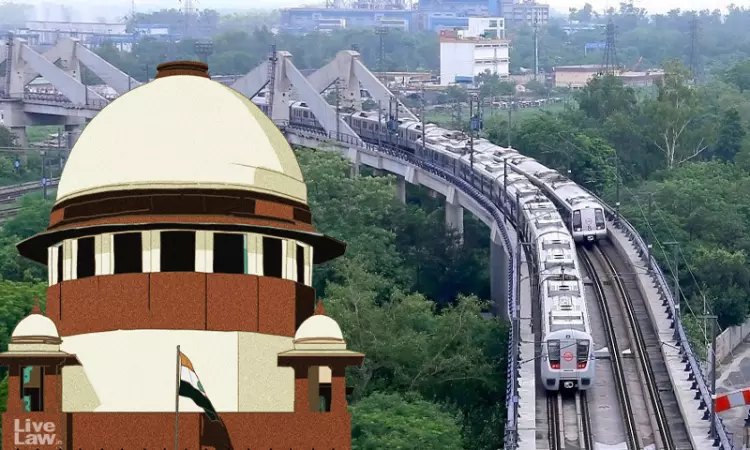The Delhi Airport Metro Express Private Limited (DAMEPL) on Tuesday (February 20) submitted before the Supreme Court that reopening the decision on an arbitral award under a curative jurisdiction would be akin to opening a Pandora's box considering the restricted scope the Court has in a curative petition.The bench comprising CJI DY Chandrachud and Justices JB Pardiwala and Manoj Misra...

